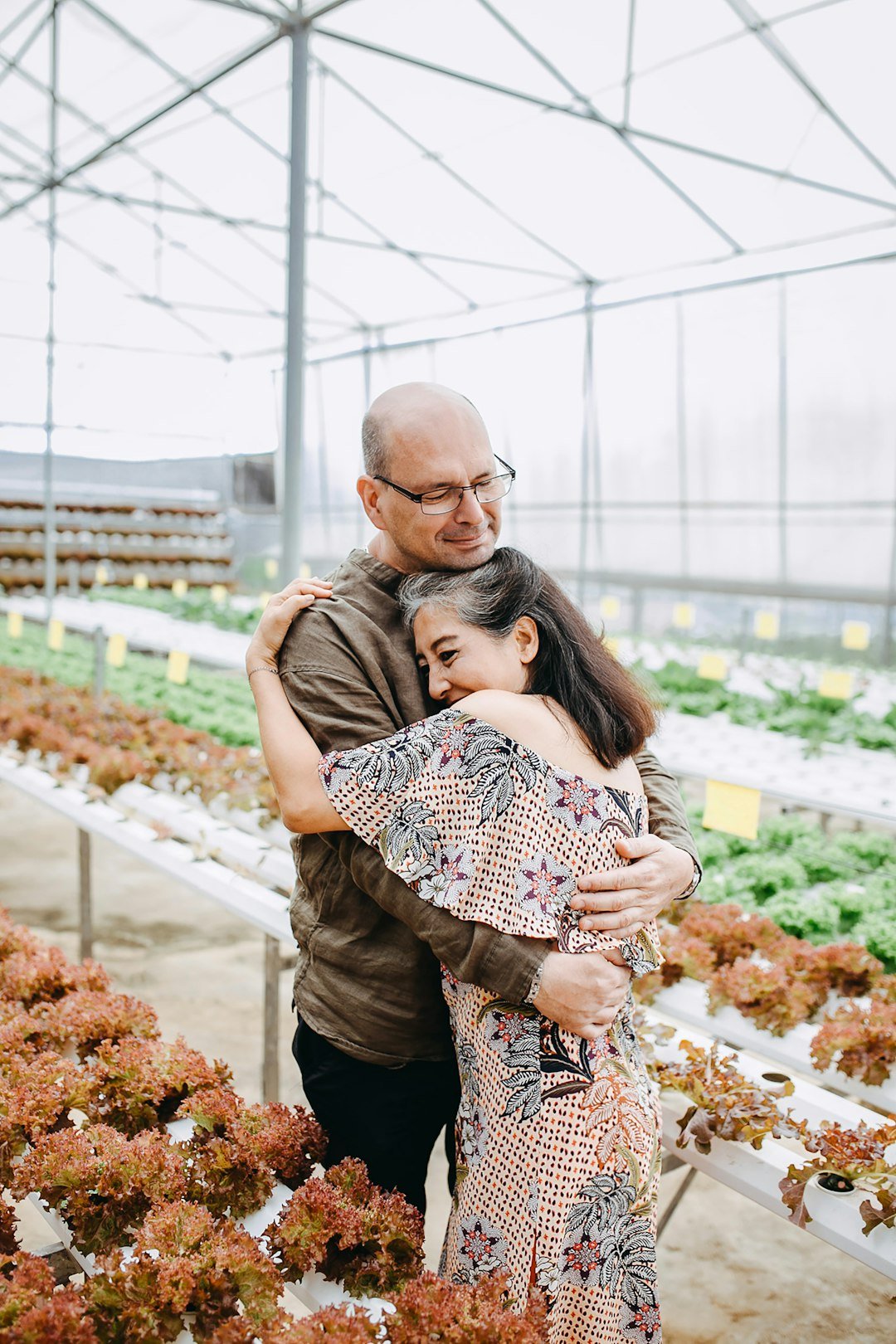Exploring Traditional Romanian Family Values
Exploring Traditional Romanian Family Values
Family is often considered the cornerstone of society, and in Romania, this belief holds a significant place in the culture. Traditional Romanian family values are deeply rooted in the history and customs of the country, reflecting a rich tapestry of social interactions and moral guidelines that have been passed down through generations. In this blog post, we will explore these values, their importance, and how they shape the lives of Romanians today.
The Importance of Family in Romanian Culture
In Romania, family is not merely a social unit; it is a vital part of an individual’s identity and social standing. The concept of family extends beyond just the nuclear family, encompassing a broader network of relatives, including grandparents, aunts, uncles, and cousins. This extended family structure plays a crucial role in providing emotional support, sharing responsibilities, and preserving traditions.
Key Characteristics of Traditional Romanian Family Values
Characteristic Description Respect for Elders Elders are revered and their wisdom is sought in family matters. Collectivism Decisions are often made collectively, emphasizing unity and shared responsibility. Hospitality Romanians are known for their hospitality, welcoming guests with open arms and generous feasts. Faith and Spirituality Many families adhere to Orthodox Christianity, which influences their values and practices. Tradition and Ritual Family events are often steeped in tradition, with rituals marking significant life events.
The Role of Elders
One of the most significant aspects of Romanian family values is the respect for elders. Grandparents often play a pivotal role in family life, not only as caretakers but also as bearers of cultural heritage and wisdom.
Passing Down Traditions
Elders take on the responsibility of passing down traditions, stories, and life lessons to younger generations. This transmission of knowledge is a cornerstone of Romanian culture, ensuring that the values and customs of the past remain alive.
Decision-Making
In many Romanian families, the heads of the family, typically the elder members, are consulted for major life decisions. This collective approach fosters a strong sense of unity and reinforces the importance of shared values.
The Role of Hospitality
Romanians take great pride in their hospitality. When guests arrive, it’s customary for families to prepare elaborate meals and offer warm welcomes. This tradition has deep roots in the country’s agrarian past, where sharing food was a way to forge strong community bonds.
Creating Connections
Hospitality facilitates connections not only within the family but also with friends and neighbors. It strengthens social ties and creates a sense of belonging, which is essential in a collectivist culture.
The Influence of Religion
Religion, particularly Orthodox Christianity, plays a significant role in shaping Romanian family values. Many Romanians celebrate religious holidays with family gatherings, emphasizing the importance of faith in their daily lives.
Family and Spirituality
Families often partake in rituals and traditions linked to their faith, such as baptisms, weddings, and funerals. These events strengthen familial bonds and create a shared sense of identity and purpose.
The Importance of Tradition and Ritual
Tradition and ritual are integral to Romanian family life. From celebrating holidays to marking life milestones, rituals help families connect with their heritage and foster a sense of continuity.
Celebrations and Festivals
Several traditional celebrations are centered around family gatherings, such as:
Celebration Description Christmas Families gather to celebrate with food, songs, and the sharing of gifts. Easter Marked by specific rituals, including decorating eggs and family feasts. Weddings Large gatherings that involve extensive rituals, music, and dance. Name Days Celebrated similarly to birthdays, where family and friends gather to celebrate.
Modern Challenges and Adaptations
While traditional values remain strong, the Romanian family structure is evolving. Urbanization, globalization, and changing social norms challenge traditional values, prompting families to adapt.
Balancing Tradition and Modernity
Many young Romanians seek to balance respect for tradition with modern lifestyles. This might involve blending family gatherings with contemporary practices, such as digital communication, to stay connected with family members who live far away.
Conclusion
Exploring traditional Romanian family values reveals a culture deeply rooted in respect, hospitality, and the importance of community. While the dynamics of family life in Romania may be changing, the core values remain influential in shaping identities and fostering connections. By understanding these values, we can appreciate the richness of Romanian culture and the significance of family in our lives.

Leave a Reply